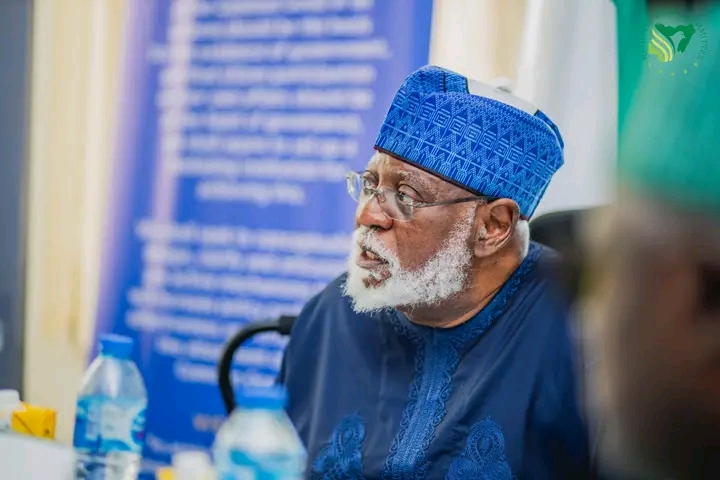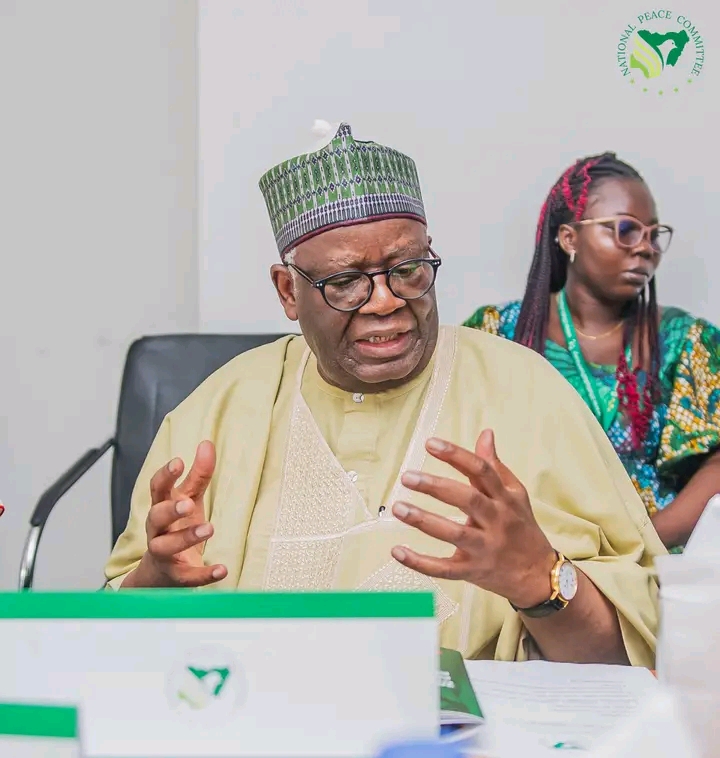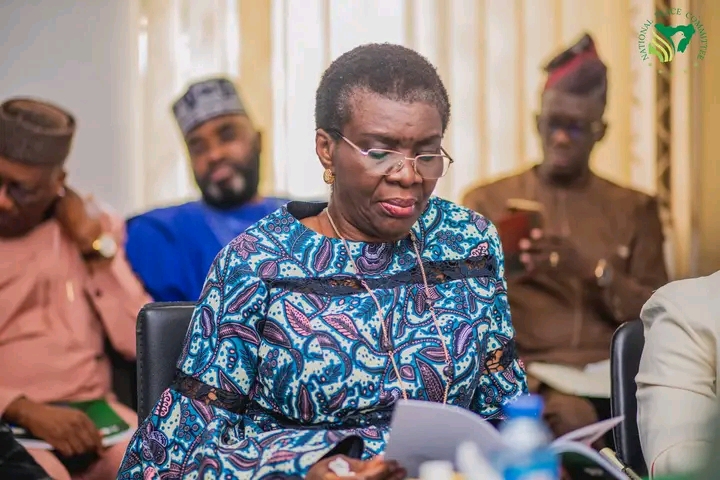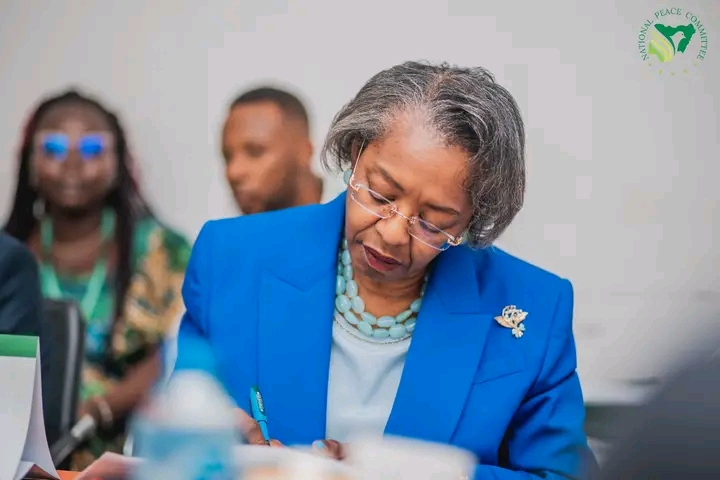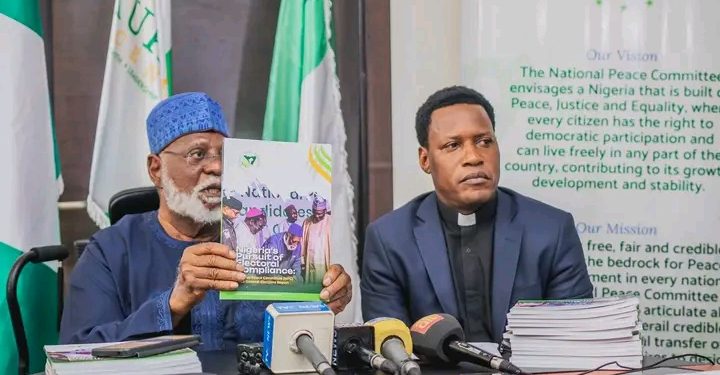Abuja, Nigeria – The National Peace Committee, under the leadership of His Excellency, General Abdulsalami A. Abubakar, GCFR, has officially presented its report on the 2023 general elections, titled Nigeria’s Pursuit of Electoral Compliance: National Peace Committee 2023 General Election Report. The report was unveiled to the public on Friday, 16th February 2024, at the Kukah Centre, the Secretariat of the Committee in Abuja.

Prior to the public presentation, the Committee held a closed-door session to deliberate on the current socio-economic and political climate in Nigeria. During the session, the Chairman of the Independent National Electoral Commission (INEC), Professor Mahmood Yakubu, briefed the Committee on INEC’s preparations for the upcoming off-cycle elections in Edo and Ondo states. The Committee, led by General Abdulsalami, expressed its deep concerns regarding these elections, acknowledging the growing mistrust among Nigerians towards the electoral system. Discussions centered on strategies to rebuild this trust and ensure credible elections.
The report itself highlights critical observations from the 2023 general elections and provides strategic recommendations aimed at deepening Nigeria’s democratic culture.

Key Observations from the 2023 General Elections:
– Significant lack of compliance with electoral legal frameworks, guidelines, and policies.
– A widespread trust deficit in government agencies and institutions responsible for managing elections.
– Limited political awareness among citizens regarding electoral laws, processes, policies, and guidelines.
– Challenges associated with the technology adopted to enhance transparency and integrity in the electoral process.
– The impact of poverty and dispossession on credible elections.
Strategic Recommendations for Deepening the Culture of Democracy:
– Adopting a whole-of-society approach to managing elections in Nigeria.
– Ensuring that the government in power complies with and implements the social contracts it has signed with Nigerians.
– Improving the Election Management Body by implementing the recommendations of the Justice Uwais Electoral Reform Committee.
– Rejuvenating the political party management system to be participatory, inclusive, transparent, and value-driven.
– Continuing the Peace Committee’s role in providing moral interventions where trust deficits are rampant and judicial structures have failed.
The Committee acknowledged the steadfast support of the European Union, particularly through its European Union Support to Democratic Governance in Nigeria (EU-SDGN) initiative, which played a pivotal role in the success of this endeavor.
The National Peace Committee’s report serves as a crucial document aimed at strengthening Nigeria’s democratic institutions and processes, as the country moves forward in its pursuit of electoral integrity and compliance.

